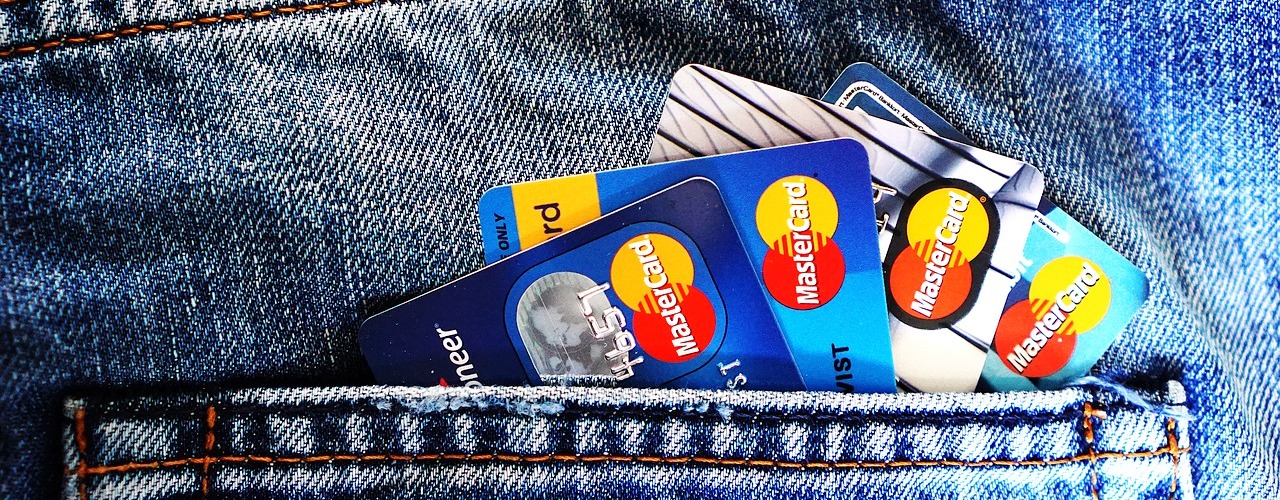Using your everyday credit cards abroad is super convenient. It can make you feel safer than if you were carrying around wads of cash. But it can also pull you up short when it comes to fees.
Many banks and credit card providers charge a non-sterling transaction fee on every purchase. The rate is typically around 3%. They can also apply cash withdrawal fees and interest charges even when the balance is paid off in full. While this isn’t new, it makes using credit cards abroad less attractive.
Be aware of your credit card brand. It may not be accepted or even recognised. For example, US customers using Discover cards at home enjoy over a 90% acceptance rate. However, if they were to try using this in a European country, the retailer may not even know what this card is! American Express can also be hit or miss as their fees tend to be high. It’s usually safest to stick with a Visa or MasterCard.
One other frequent inconvenience that comes with using credit cards abroad is that your account could be frozen unexpectedly. If you only take one or two holidays a year, using credit cards abroad may raise a security flag with your card issuer. If this happens when you’re in a hurry, for example paying a taxi driver, it could be problematic or even downright embarrassing. Always make sure to call your card issuer prior to travel to let them know where you’re going. This means that they will clear your card for usage overseas.
A Simpler Option for Using Credit Cards Abroad
If all of this just seems too much work, there’s always another financially sound, hassle-free option: specialist travel credit cards. These cards work in exactly the same way as your everyday credit card, but without the additional fees. As long as you pay them off in full, you can save hundreds of pounds per holiday.
Alternatively, you can choose the option that’s growing in popularity on a daily basis: prepaid travel cards. These are like traveller’s cheques, just without the hassle. Load a predetermined amount onto the card before you go away, then use the card as you would a debit card—you can spend and withdraw in the same way. This also allows you to keep control over your holiday spending.
Tips for Paying Abroad No Matter the Method
- Ensure that you always choose to pay in the local currency when you’re abroad. A lot of shops and stores will give you the option of paying in Sterling or Euros, but the exchange rates can often be poor when compared to letting your card perform the currency conversion.
- If you lose your wallet or it gets stolen, report it right away! This is especially important if you have contactless cards. Contact your bank or credit card issuer and let them know that the card has been lost or stolen. You may also need to alert the local police service if there has been a theft, as your travel insurance provider may require an incident number if you are claiming for any losses.
- Some prepaid credit cards charge annual fees to keep the account open. You may also be penalised if the card goes unused—the typical charge for this is around £2 per month.
Whichever method, the trick is always to make sure that you’re aware of the perks and pitfalls before you make your choice. That way, you won’t be in for any nasty surprises.
Until next time, stay safe and travel happy!



